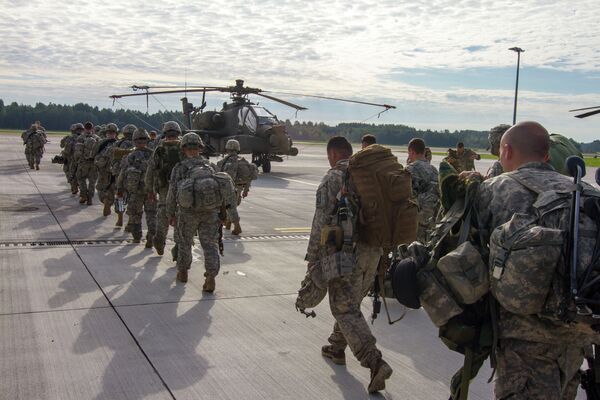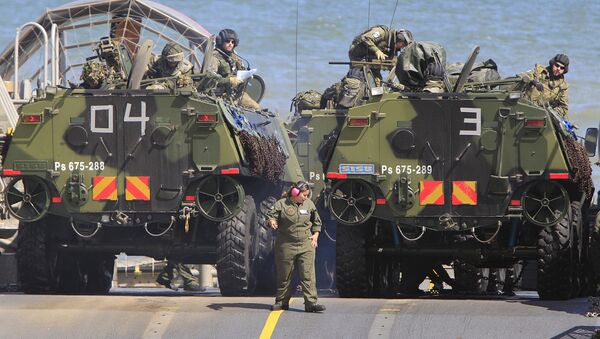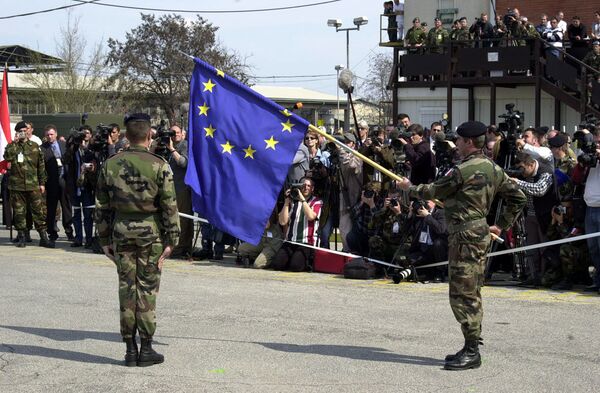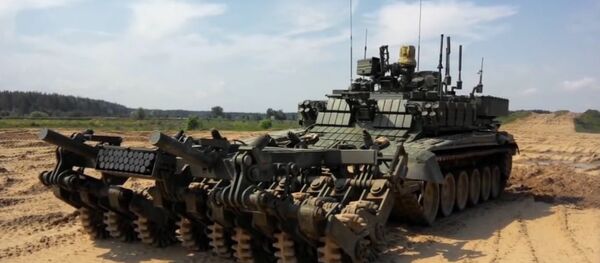"Since Russia suspended the original Treaty on Conventional Armed Forces in Europe (CFE) in 2007, [Western countries] have mumbled that Moscow is undermining the arms control process. If so, we need to sign a new treaty," Buzhinskiy said.
The document, according to the analyst, will have to take into account Russia's terms.
"If they want to, let them agree to the terms that Russia proposed: the new treaty needs to cover new types of armaments, including cruise missiles, carrier-based aircraft and unmanned aerial vehicle," he said.
He added that the new document must focus on providing European security, instead of merely reflecting what the United States and its European allies want.

Leonid Ivashov, president of the Moscow-based Academy of Geopolitical Problems, shared similar concerns. "Russia and Europe need such a treaty, but the US does not," he said, adding that the work on the new deal should be relaunched.
"This deal will put a brake on the arms race and will prevent both sides from creating armed assault groups," he noted. "The spirit and the meaning of the original Treaty on Conventional Armed Forces in Europe (CFE) should be revived."
Ivashov maintained that Steinmeier's initiative needs to be supported. "But we have to keep in mind that Europe is currently under massive quasi-colonial influence of the United States with regard to security and political issues. This is why it will be hard to implement these agreements," he warned.
Defense analyst Vladimir Evseev, the deputy director of the CIS Institute, told RIA Novosti that the new arms control treaty could not be signed until the Ukrainian crisis is resolved since the European system of collective security will be "inefficient" if Ukraine is not part of it.
Evseev maintained that both sides should discuss the new CFE treaty, but they need to "begin with confidence-building measures that will help to reduce tensions." This is something that could be discussed with the Obama administration.
"Clearly, the United States, not Germany or France makes all decisions in NATO. Since even large European states are not politically independent, we will have to reach an agreement with the US," he added.




